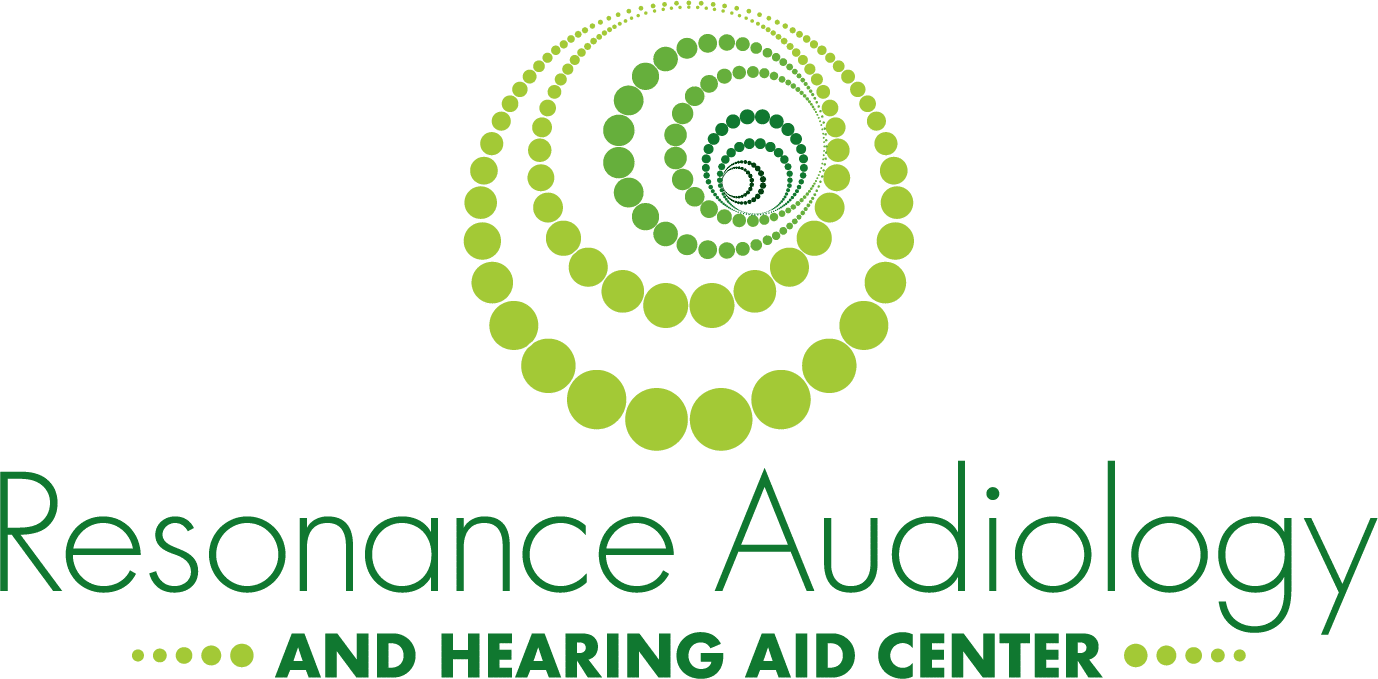Sports and Long-Term Hearing Loss: What You Need to Know
Did you know that some of the most common causes of concussions are sports injuries? This kind of impact to the head can result in multiple ear issues, such as hearing loss, tinnitus, and so on.

Keep reading to learn more about what you need to know when it comes to long-term hearing loss and sports.
Risks for Athletes
When it comes to sports, almost 250,000 children seek care in emergency departments in the U.S. each year for sports-related traumatic brain injury-concussions (TBI).
By engaging in contact sports, athletes, especially young athletes, put themselves at higher risk for head trauma and concussions, which can ultimately lead to hearing loss or other serious hearing issues. These injuries can lead to hearing loss because the inner and middle parts of the ear are damaged due to forceful impact. Sports with an increased risk of impact, such as football and/or lacrosse, ultimately put players at a high risk of multiple concussions that can affect hearing ability long term.
Another common injury athletes experience in high-contact sports is referred to as “cauliflower ear,” which affects the outer ear. In this condition, damage is caused to the cartilage of the outer ear after it has been struck with great force. Cauliflower ear can cause a blockage if blood flow as well as visible blood clots that can ultimately lead to temporary or permanent hearing loss.
Because of the violent nature of these injuries, sudden head trauma can cause damage to the auditory pathway. Even the mildest concussions can cause irreversible damage to the fragile auditory pathways to the brain.
Some of these irreversible injuries include:
- A ruptured eardrum
- Damage to the small bones of the middle ear
- Damage to the tissues and membranes of the inner ear
- Disruption of blood flow to the cochlear nerve
- Damage to the hair cells of the inner ear
Hearing Protection and Treating Hearing Loss
We know that athletes, especially young athletes, have a high risk of hearing loss during contact sports. So how can we protect them from these risks? It’s important that they wear hearing protection to avoid these injuries while on the field, court, and so on. Make sure to talk with an ear doctor about the risks and the best way to protect them from serious injury.
Since they have a higher risk of hearing loss, it’s also important that athletes get hearing tests as part of their regular health checks. Hearing tests allow your doctor to consult with patients about their individualized needs, especially for athletes and the protection they’ll need to play. During these tests, your audiologist will be able to compare past results and immediately notice if any hearing changes have occurred.
If anything has changed, the symptoms of hearing loss can be treated as soon as possible. By taking care of the problem sooner rather than later, they will adjust to hearing devices more quickly and improve their overall hearing.
Looking to learn more? Visit Resonance Audiology and Hearing Aid Center. Located in Lancaster, PA, we promise to provide individualized hearing care and the best access to excellent technology. Contact us today!
